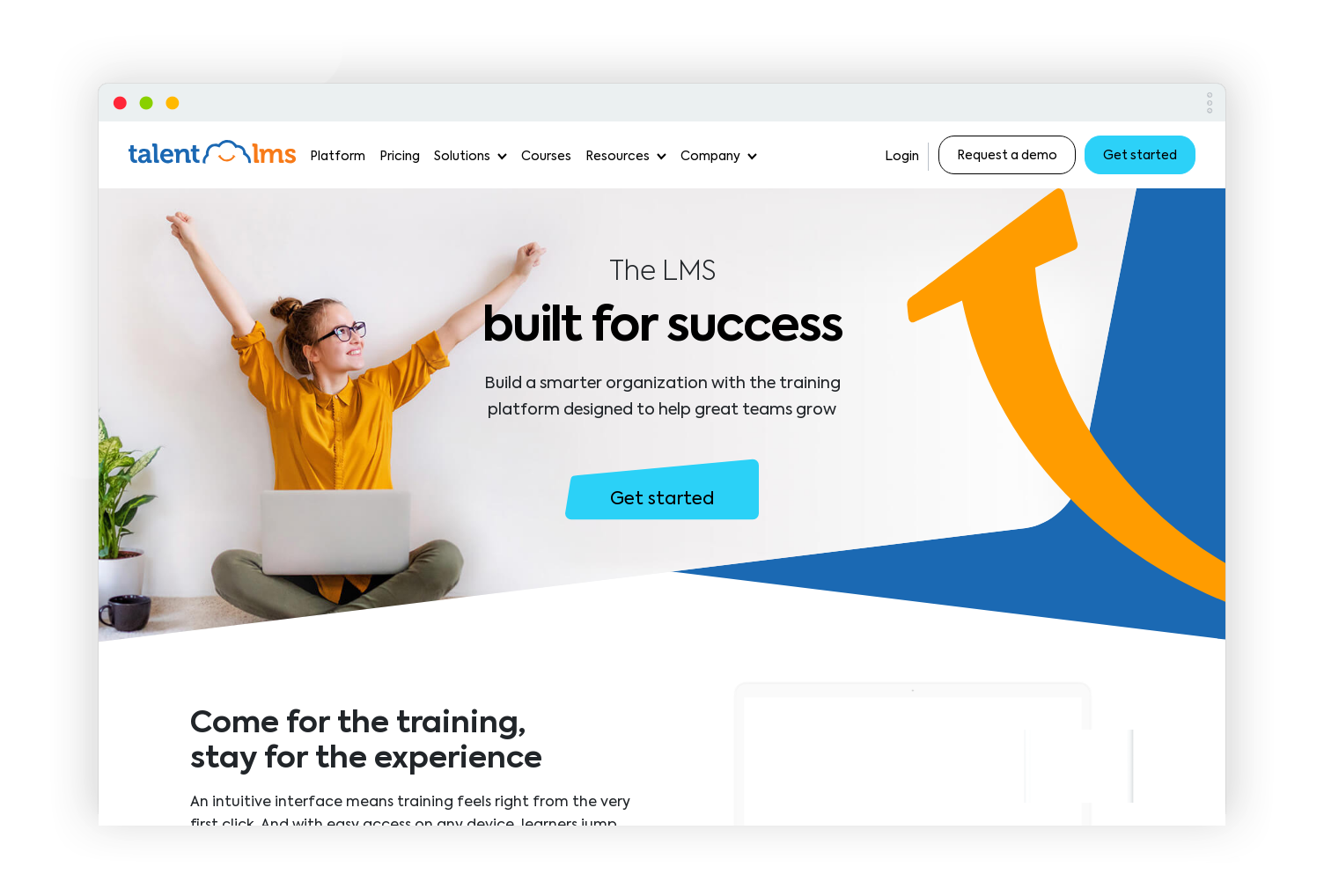In 2023, LMS has become a vital tool for educators, trainers, and organizations to manage and deliver online learning. With the rapid growth of e-learning, there is an increasing demand for LMS platforms that can provide a seamless experience for learners and instructors.
In this article, we have prepared for you the powerful LMS comparison which is in great demand in 2023, based on their features, pricing, and customer support.
Moodle

Source: moodle.org
Moodle is one of the best open-source LMS platforms that has been around for more than 20 years. It is one of the most widely used LMS platforms, with over 200 million users worldwide. Moodle offers a range of features, including course management, collaboration tools, gamification, and reporting. It is also highly customizable, with a large community of developers creating plugins and themes.
Pricing: Moodle is free to download and use. However, you will need to host it yourself or use a hosting service, which can cost anywhere from $5 to $100 per month.
Customer support: Moodle has an extensive documentation library and community forums where users can ask and answer questions. However, if you need more personalized support, you can purchase a support package starting at $500 per year.
Canvas
Canvas is a cloud-based LMS platform that has gained popularity in recent years. Canvas is also highly customizable, with a range of integrations and plugins available.
Pricing: Canvas offers a free basic version, but the paid version starts at $30 per user per year. They also offer a range of pricing plans, including volume discounts for larger organizations.
Customer support: Canvas provides a range of support options, including a knowledge base, community forums, and phone and email support. They also offer personalized support options, including training and consulting services.
Edmodo
Edmodo is an LMS platform designed specifically for K-12 schools. It offers a range of features, including course management, collaboration tools, multimedia support, and analytics. Edmodo is also highly customizable, with a range of integrations and plugins available.
Pricing: Edmodo offers a free basic version, but the paid version starts at $2.50 per user per year. They also offer a range of pricing plans, including volume discounts for larger organizations.
Customer support: Edmodo provides a range of support options, including a knowledge base, community forums, and email support. They also offer personalized support options, including training and consulting services.
TalentLMS

Source: talentlms.com
TalentLMS is a cloud-based LMS platform designed for businesses and corporations. It offers a range of features, including course management, multimedia support, collaboration tools, and analytics. TalentLMS is also highly customizable, with a range of integrations and plugins available.
Pricing: TalentLMS offers a free basic version, but the paid version starts at $59 per month for up to 40 users. They also offer a range of pricing plans, including volume discounts for larger organizations.
Customer support: TalentLMS provides a comprehensive support portal, including a knowledge base, community forums, and phone and email support. They also offer personalized support options, including training and consulting services.
Litmos
Litmos is a cloud-based LMS platform designed for businesses and corporations. It offers a range of features, including course management, multimedia support, collaboration tools, and analytics. Litmos is also highly customizable, with a range of integrations and plugins available.
Pricing: Litmos offers a range of pricing plans, starting at $4 per user per month. They also offer volume discounts for larger organizations.
Customer support: Litmos provides a range of support options, including a knowledge base, community forums, and phone and email support. They also offer personalized support options, including training and consulting services.
Conclusion
In conclusion, the top LMS platforms in 2023 offer a range of features and pricing options to suit different needs and budgets. Moodle is a popular choice for educational institutions, while Canvas and Edmodo are designed specifically for K-12 schools. TalentLMS and Litmos are cloud-based platforms designed for businesses and corporations. When choosing an LMS platform, it’s essential to consider your specific requirements and budget, as well as the level of customer support you require.
Read Also:




























